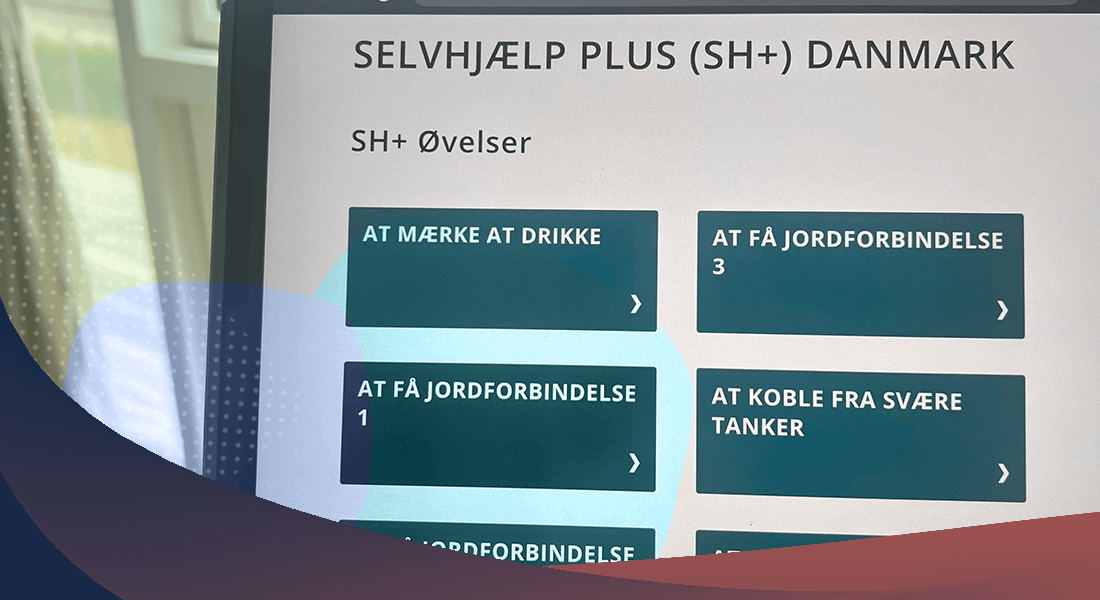SH+ is WHO’s 5-session stress management course for large groups of up to 30 people that uses pre-recorded audio and an illustrated guide to teach stress management skill.
Migrants
Migrants, especially forced migrants, experience higher levels of mental health concerns related to cultural adaptation, social integration, and potential stressors associated with migration experiences. Migrants commonly ask for mental health interventions in qualitative studies, but experience significant barriers because services are not adapted to their preferences (e.g., language, help-seeking behaviours), legal status, and stigma.
To address this, ADVANCE will conduct parallel studies in Italy and in Denmark. We will build upon the work of the RE-DEFINE project, which demonstrated the clinically significant effect of SH+ in reducing the frequency of mental disorders among refugees in five countries in Europe and in Turkey.
Interventions in Focus
Migrants in Italy
Migrants in Denmark
In Denmark, regulations that limit the use of free interpreters, out-of-pocket costs to access psychological care, and the scarce training in cultural competencies among mental health providers hamper access to mental health care, particularly among immigrants who experience distress but do not fulfil the criteria for a mental disorder. Mental health interventions, such as SH+, are not offered. Yet, the focus on integration support presents a critical opportunity to investigate how mental health interventions can be embedded in integration efforts and particularly reach out to those that do not receive care.
We will do an implementation study, focused on identifying how best to integrate SH+ into social integration programming with migrants in Denmark.

